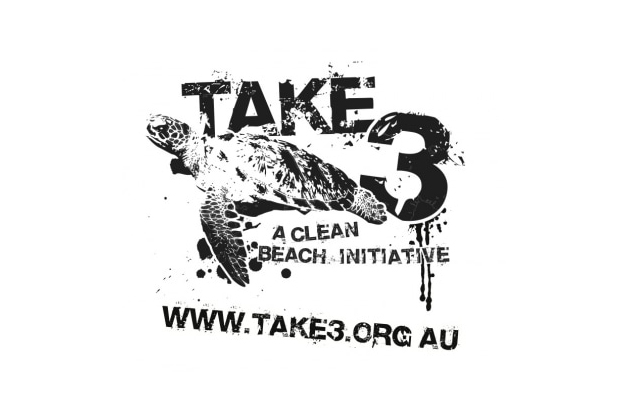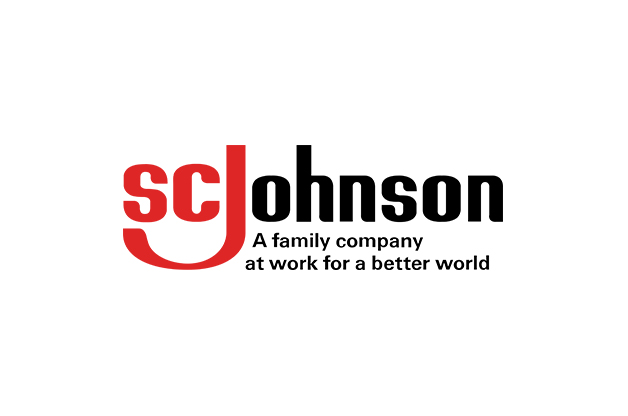Simple actions can address complex problems
What would happen if each of your students took 3 bits of rubbish away every time they visited the beach or a waterway?
Take 3 have created a series of short films exploring the issues, drawing on voices from Aboriginal and Torres Strait Islander peoples as well as other experts and public figures. These awesome videos are featured throughout the below lessons.


Welcome back!
Don't have an account yet?
Log in with:
By signing up to Cool.org you consent and agree to Cool's privacy policy to
store, manage and process your personal information. To read more, please see
our privacy policy here(Opens in new tab).
Create your free Cool.org account.
Many of our resources are free, with an option to upgrade to Cool+ for premium content.
Already have an account?
Sign up with:
By signing up to Cool.org you consent and agree to Cool's privacy policy to
store, manage and process your personal information. To read more, please see
our privacy policy here(Opens in new tab).